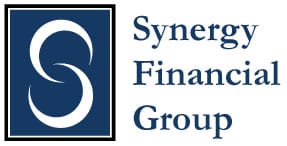As a potential new homebuyer, you know how important it is to secure a low mortgage interest rate. Every day, mortgage rates fluctuate. During the entire home-buying process, which can take weeks, the rates might change enough that you might end up paying thousands of dollars more during the life of the loan.
For instance, if you purchase a $200,000 home and finance it for 30 years at 6% with a 20% down payment, a small increase in the interest rate will add more money to your monthly payment. A .25% increase in the interest rate will add $26 per month. While that doesn’t seem like a lot of money, after five years, you end up paying around $1560.
Lenders offer mortgage rate locks to guarantee the loan’s interest rate for a specific time frame. While the lender might charge an extra fee for this service, the rate lock cost more than makes up for it if the interest rates increase. Three other reasons why you want to lock into a rate include the following:
Gives you peace of mind. Buying a home can be a stressful process, so locking in an interest rate can help you know your budget for monthly mortgage payments.
Guarantees the rate. If the rates increase, you’re protected. If the rates decrease, look into a one-time “float down” option. These are usually affiliated with new construction loans and long-term rate locks, and they let you grab that lower available rate.
Has a low initial cost. Most lenders will let you lock in your rate for 30 days for no extra cost, as long as you close within that time frame. Make sure you ask before agreeing since some might charge a nominal fee.
Keep in mind that lenders can void the rate lock if the information provided on your application changes, such as your employment, credit score, or property appraisal. To learn more about locking in a mortgage, contact a mortgage broker.
Sources: Credible.com, Washingtonpost.com, Money.usnews.com, Nerdwallet.com

We are ready to help you find the best possible mortgage solution for your situation. Contact Sheila Siegel at Synergy Financial Group today.







